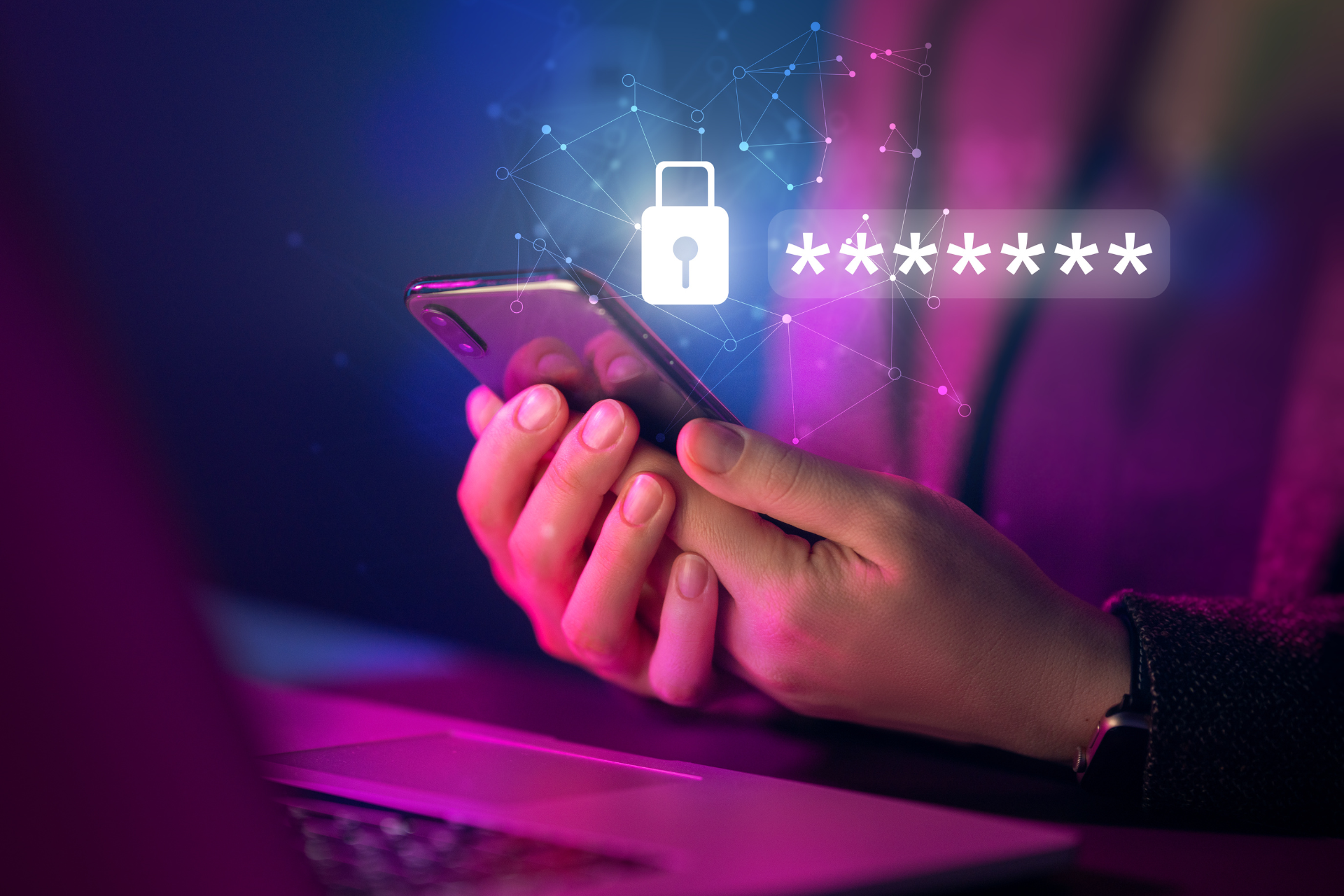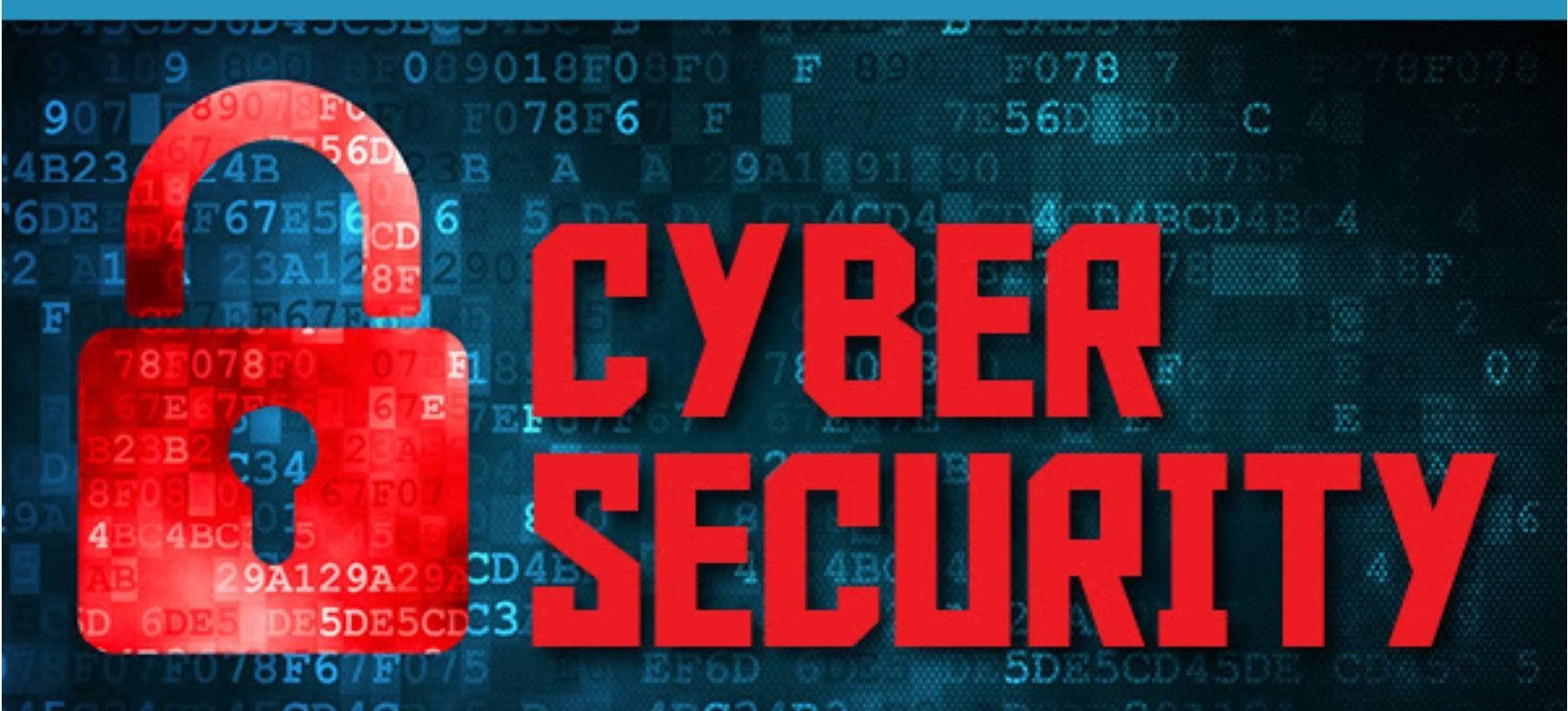Why Strong, Unique Passwords Matter
In today's digital age, where much of our personal and professional lives are conducted online, the strength and uniqueness of our passwords are more critical than ever. Understanding the vital role that passwords play in protecting our digital identities cannot be overstated. The following discussion will explore the importance of strong, unique passwords and demonstrate how they can safeguard your sensitive information against unauthorized access and cyber threats.
The Risks of Weak Passwords
Increased Vulnerability to Cyber Attacks
A weak password is like a flimsy lock on the front door of your home—it’s an invitation to intruders. Cybercriminals employ various methods, such as brute-force attacks, where they try countless combinations of characters to crack passwords. The simpler and more common your password, the easier it is for these attacks to succeed. When passwords like “password” or “123456” are still in use, they pose a significant risk not only to the security of the individual account but also to any other information linked to that account.
Exposure of Sensitive Personal Information
Compromised passwords can lead to unauthorized access to your personal and financial information. This exposure can result in identity theft, financial loss, and significant personal disruption. In cases where one reused password can unlock multiple accounts, the damage can be extensive, affecting not just one aspect of your life but many.
Long-term Repercussions
The consequences of compromised passwords extend beyond immediate loss. Recovering from cyber attacks can be a lengthy, stressful, and costly process. It can damage your reputation, lead to significant personal setbacks, or even affect your creditworthiness and financial stability.
Creating Strong and Secure Passwords
Embrace Complexity
To shield your accounts from cyber threats, it is crucial to create passwords that incorporate a mix of uppercase and lowercase letters, numbers, and symbols. The presence of these elements drastically increases the complexity and strength of your password, making it much harder for hackers to breach.
Length Matters
Opt for passwords that are at least eight characters long, though longer is better. Lengthier passwords exponentially increase the time required for a brute-force attack to succeed, often deterring hackers from attempting to crack them.
Utilize Two-Factor Authentication (2FA)
Whenever possible, enable 2FA on your accounts. This additional layer of security requires not only your password but also something only you have access to, such as a mobile device for a code delivery or a fingerprint. This makes unauthorized access significantly more difficult.
Keep It Unique
Use different passwords for different accounts. This strategy ensures that even if one password is compromised, other accounts remain secure. Employ a password manager to keep track of your various passwords securely.
Regularly Update Your Passwords
Changing your passwords periodically is essential to maintaining account security. Avoid using variations of the same password or recycling old passwords. Each update should involve a completely new password to minimize the risk of breaches.
Take Action to Secure Your Digital Life
Understanding and implementing the practice of using strong, unique passwords is crucial for protecting your digital identity. It’s a straightforward yet powerful way to enhance your online security posture. Remember, the strength of your password can be the barrier that keeps cyber threats at bay.
Follow Us for More Security Tips
For more insights on protecting your personal information and enhancing your digital security, make sure to follow and like our social media accounts. Stay informed and safeguard your digital presence with our helpful updates and tips.
By making these practices a regular part of your digital life, you contribute significantly to your own safety and the security of your sensitive information. Remember, in the realm of cyber security, being proactive is always better than being reactive.










